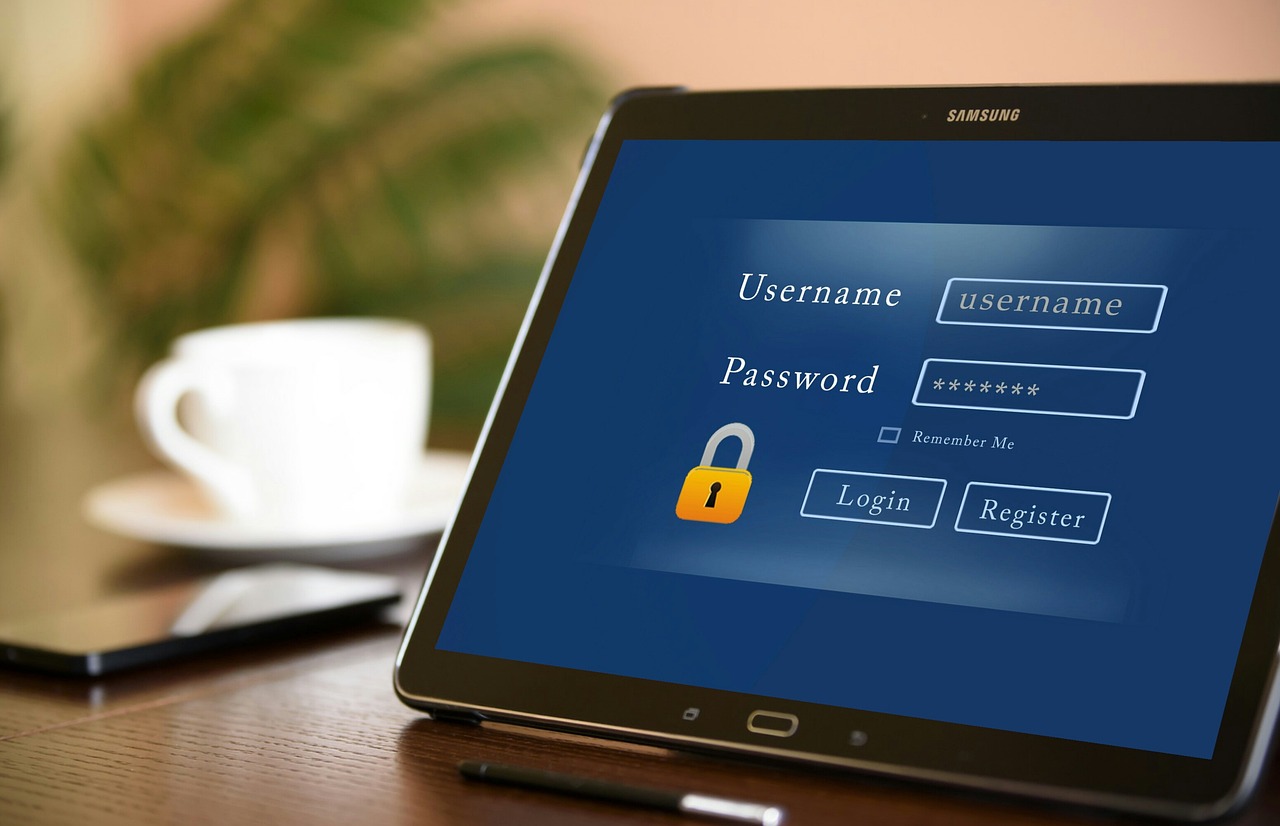Books
Imagine this: you’re going about your day, checking the news, logging into a few accounts, and then you receive a notification that one of your passwords has been compromised. You instantly feel sick to your stomach as you realize the implications of password data leaks, which could breach your entire company’s digital identity. It’s an experience no one wants to have, but if it happens to you, you can take steps to protect yourself and prevent further damage.
How Common Are Password Data Leaks for Businesses?
Password data leaks are common for businesses, with numerous high-profile cases reported in recent years. They can occur due to various factors, such as weak passwords, phishing attacks, or data breaches of third-party services that businesses use. Leaks can put sensitive information and systems at risk, potentially leading to financial losses, reputational damage, and legal consequences. To mitigate this problem, businesses must take steps to protect their password data, such as implementing strong password policies, using multi-factor authentication, and regularly monitoring suspicious activity.
What Industries Are Most At-Risk to Password Hacks?
- Healthcare: Electronic health records are a valuable commodity on the black market, as the sensitive nature of patient information makes them a prime target for hackers.
- Finance: Banks, credit unions, and other financial service providers are responsible for managing large sums of money and sensitive customer data, making them an attractive target for hackers.
- Education: Educational institutions, especially those that deal with sensitive student data, are at risk of password hacks. Hackers can use stolen credentials to access academic records, financial aid information, and other sensitive data.
- Government: Hackers may target government agencies to steal sensitive information or launch cyberattacks.
- Technology: Hackers may target technology companies that develop software or hardware to steal intellectual property, trade secrets, or other valuable information.
I’ve Experienced a Password Data Leak, What’s Next?
Mirium Digital: Your Source for Password Data Leak Protection
It’s essential that your business teams up with an experienced IT specialist if you want to keep up with the competition. Mirium Digital firmly believes that technology can expand human abilities and employs our expertise to drive desired results for our clients. Our experts provide complete support, from application development through deployment. Contact our experts today for industry-leading password data leak protection solutions.

